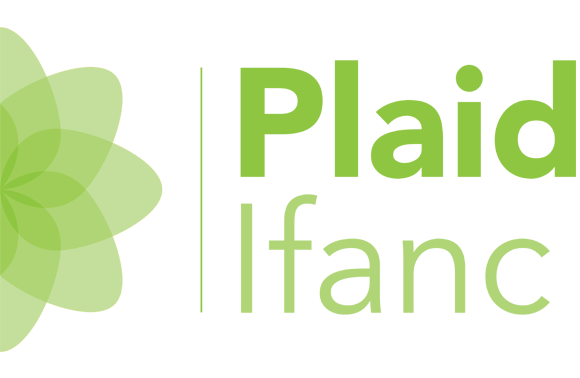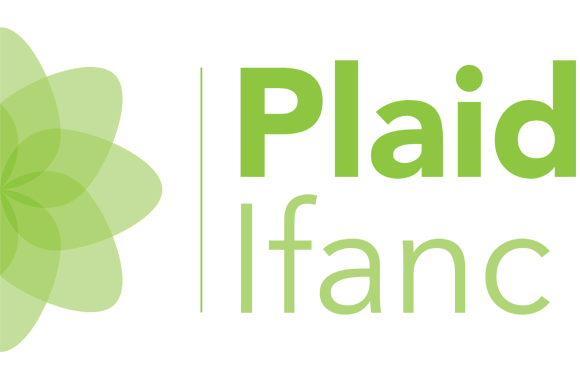Emyr Gruffydd, Chair of Plaid Ifanc, shares his thoughts about Thursday’s referendum and about the European project as a whole.
This referendum – hopefully – will be a once in a lifetime event. The campaign so far has probably been the most disappointing debate that I have ever witnessed, in any democratic country, in my entire life. The campaign has been dominated by scaremongering, chiefly from a radically right wing media whipping up hatred against asylum seekers and working class people from Eastern Europe. A shamefully accepted level of xenophobia and racism has therefore come to dominate the public discourse in what is considered to be one of the most consolidated democracies in the world. Sentences such as ‘I want my country back’ and ‘We’re losing our identity to them’ are amongst the ugliest catchphrases of what has become the most phenomenal display of British nationalism in modern times.
The Remain campaign, under pressure by a resurgent right wing, has therefore resorted to scaremongering about jobs, the financial sector, and economic instability. Except for a few hardworking organisations such as Another Europe is Possible, which Plaid Ifanc wholeheartedly supports, very little attempt has been made to construct a discourse offering an alternative vision of a progressive, transparent, more democratic European Union. And to those of us who have wished to do so, we have had to resort to more basic, short term arguments to convince people on the doorstep, such as the importance of convergence funds and farming subsidies to the Welsh economy and the questions of instability surrounding Brexit.
Don’t get me wrong – I am no apologist for the current model of the European Union. Contrary to what the Brexit camp says, with its rhetoric on ‘Taking Back Control’, the European Union’s current model has been crafted to preserve the sovereignty of states. The Council of Ministers, where each and every state has a say and a veto, sets the agenda of the European Union. Therefore, if State governments are conservative and reactionary, the European Union as a whole is going to be a reflection of that. The European parliament has an important role, but it doesn’t have the powers it needs in order to block certain states from dominating the agenda or certain decisions from being made. And of course, the lack of transparency surrounding the recent TTIP negotiations has made many question the social basis of the EU (although in the unlikely event of TTIP now being passed in its current form, a post-Brexit deal with the US brokered by the Tories is likely to be far more damaging to our public services). We currently have a Europe based on the power of States – and ironically, it is more Europe, more democracy, more transparency and more integration between the peoples (and not necessarily the states) of our continent that will eventually save it.
Yes, there are countless problems with the EU, just as there are with any political project. But for me, one core ideal underlies the whole European construction.
A few weeks ago, hundreds of thousands of Poles lined the streets of Warsaw demanding more transparency, a stop to the Polish Government’s cutback on freedom of the press and on rights that are enshrined in their constitution. What do you think the protesters were carrying? Yes, you got it – the flag of the European Union. Participants in largest protest since the Solidarity Movement at the end of the Cold War still hold the Europe that they fought for back then as an ideal – a democratic block of countries where human rights, free and fair elections and a mixed market economy are the principles enshrined into the political make-up of its members.
To many across our continent, from Portugal to Estonia, the European Union is synonymous with freedom, tolerance and social progress. It is a Union that has championed social rights for women, LGBT people and ethnic minorities, and our national language has a higher status in European institutions than it ever has (and most probably ever will) in Westminster.
Yes, it’s a project that’s going through the biggest crisis in its history. But it’s a Union that holds so many democratic guarantees to countries that once lived in the dark days of totalitarianism. To states such as the UK, which found itself at the global vanguard of the move to neo-liberalism back in the 1980s, it has provided a series of regulations and norms as not to overstep the mark in its historic quest to erode the foundations of the Welfare State. Make no mistake that progressive European laws such as the Working Time Directive will be threatened by a resurgent British right after Brexit.
So no, I don’t ‘want my country back.’ I do not and cannot prescribe to imperialist nostalgia. I don’t want us to live in a misogynist, homophobic, socially conservative society as it once was. I don’t want people to have to fight for a minimum wage and a right to maternity leave again, and I don’t want to see my children going underground to dig for coal on their knees like my forefathers did. I want Wales to look forward, not look back. I’m not saying that’s what will happen with Brexit – it would be misleading to say so - but I am genuinely afraid that leaving the only community of states in the world where respecting democracy and human rights are conditions of entry will give carte blanche to a hardened British right to do what it wants with our Welfare State, and with Wales too. And if we think that their xenophobic rhetoric is bad now, it is but a taste of what waits for us after Brexit.
I want to build a new Wales – a tolerant, democratic, open nation where respect for differences and social rights form the basis of our constitution. Europe has come to mean this for so many countries that for decades lived under the darkness of totalitarianism – and the Welsh people’s progressive values have been an integral part of this construction. Our role has been key in the construction of Europe. Let’s build a new Wales based on these ideals, and let’s join our progressive brothers and sisters across our great continent to build a new Europe too. We simply cannot do that from the sidelines.
When he was in his early twenties, my grandfather went to fight in the Second World War, where he was injured by a German bullet. That bullet was most probably fired by a young, working class German, not dissimilar to my grandfather. When I was 21, on an Erasmus placement in France, I did my final project for one of my subjects with a classmate of mine. He was called Max – and he was from Germany.
Nowhere else on our planet has such progress been made in such a short period of time. Surely that’s worth saving?
Thanks to my friend Marc Díaz i Planas for some of the ideas included in this article.


